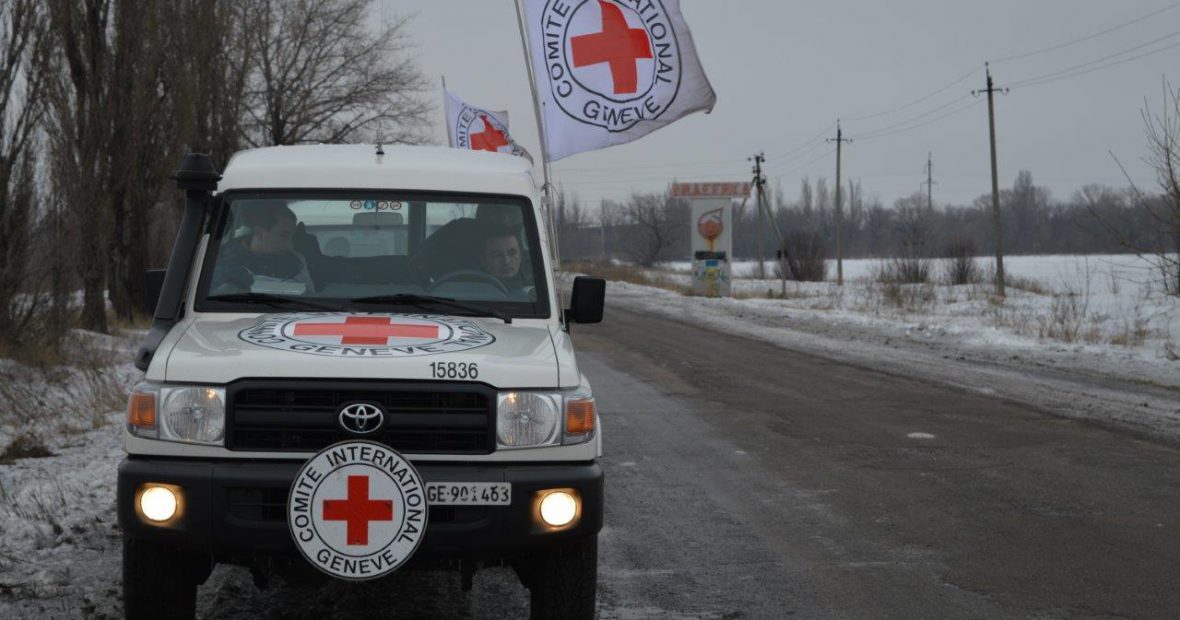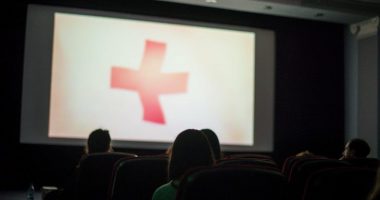- The water supply situation is critical around Avdiivka and surrounding villages and will only become more so if the Donetsk Filtration Station does not resume functioning very soon. The reservoirs which were being used for the past three days to supply the approximately 12,000 people living in multi-storey apartment buildings in the area of Avdiivka are now empty.
- On Tuesday morning, the International Committee of the Red Cross submitted a request for a reinforced cease-fire in order to allow for the area to be demined and for Voda Donbassa employees to be able to access the site and start the Donetsk Filtration Station functioning again. After that, they can repair the damage sustained as a result of the fighting.
- In the meantime, ICRC teams will start delivering drinking water to residents of Avdiivka today, on Thursday morning.
- The ICRC reiterates its proposal for the creation of safety zones.
Questions and Answers with Alain Aeschlimann, Head of the International Committee of the Red Cross in Ukraine.
You have proposed the creation of “safety zones” along the contact line in eastern Ukraine. Why is their creation so important?
The armed conflict in Donbass is taking place in a highly populated areas. Hundreds of thousands of people depend on pieces of vital infrastructure such as water, gas plants or electricity line for their survival. These installations are located on or close to the contact line and also serve schools, hospitals and kindergartens. Under international humanitarian law, these installations should not be attacked or exposed to attacks provided they are not used for military purposes. However, given the number of times they have been hit in eastern Ukraine, there is a need for a reinforced protection. This can be achieved through the agreement of all parties to the conflict directly or through a neutral intermediary like the ICRC. What we mean by “safety zones” is a demilitarized zone, free of military personnel and equipment. These zones must be clearly defined and marked by the party which controls the zone and not be attacked.
How many zones are we talking about?
To start with, we want to focus on just a few key zones, but there are a number of additional pieces of vital infrastructure which urgently need to have their protection reinforced as well. One of the most important is the Donetsk Filtration Station. The electricity lines supplying the plant have been repeatedly hit and damaged recently. The water from the filtration station supplies tens of thousands of people. There is also the Verhkniokalmiuska Filtration Station, in the Yasynovataya area, where up to 300 tons of liquefied chlorine used for disinfecting water is stored. The Gorlovskaya-2 Filtration Station is also key. In total, more than 1.8 million people live in the area supplied by these water stations.
What happens if areas designated as safety zones are used again for military purposes?
The zone will lose its protection if it is used for military purposes.
For further information, please contact:
Sanela Bajrambaљić, ICRC Kyiv, tel: +380 67 509 42 06
Oleksandr Vlasenko, ICRC Kyiv, tel.: +380 50 348 47 43



